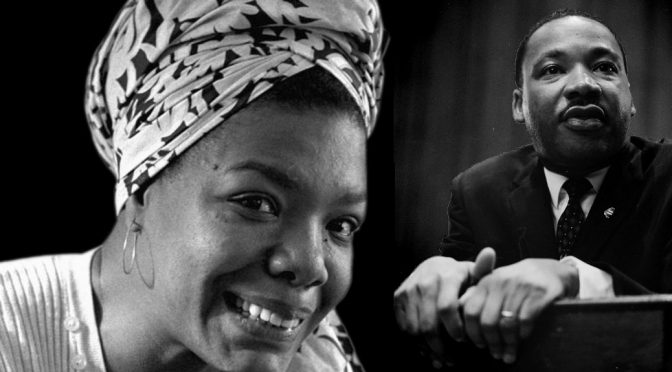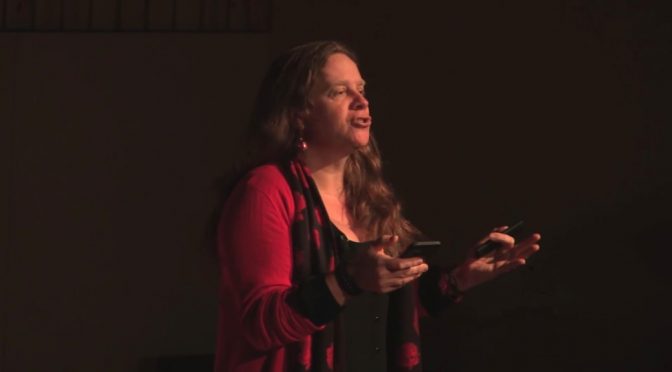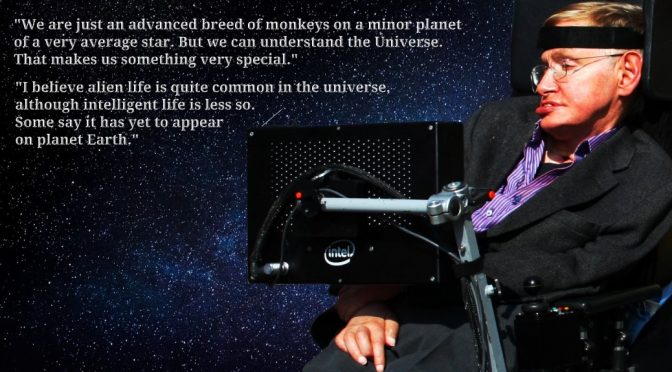Today marks a significant confluence of anniversaries. It is 90 years since Maya Angelou was born and it is also 50 years since Martin Luther King was assassinated. Two dates, two greats. Both worked for human rights, dignity and respect. Indeed, they worked together in the 1960s when Angelou worked as a coordinator for MLK’s Southern Christian Leadership Conference.
Maya Angelou
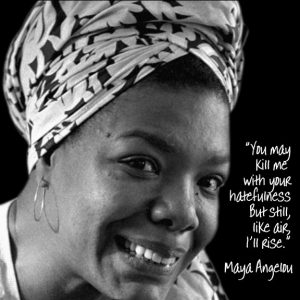 Maya Angelou became a poet and writer after a childhood rape, teenage pregnancy, and sexuality doubts, indeed her range of occupations is rather enigmatic and curious: “Angelou drives cable cars, cooks, pimps, does exotic dancing, turns tricks, and sleeps in abandoned cars, all the while poring over serious literature.” – New Republic
Maya Angelou became a poet and writer after a childhood rape, teenage pregnancy, and sexuality doubts, indeed her range of occupations is rather enigmatic and curious: “Angelou drives cable cars, cooks, pimps, does exotic dancing, turns tricks, and sleeps in abandoned cars, all the while poring over serious literature.” – New Republic
She was a touring cast member of the opera Porgy and Bess and through hooking up with a South African freedom fighter moved to African becoming an editor-journalist in Egypt and Ghana during the early 1960s, the years of decolonisation.
She had a life of adventure and yet seemingly overcame adversity at every turn by luck, love, and self-belief. Nonetheless, she seems to have spent a lot of time in her life and her writing still searching and exploring herself.
“When someone shows you who they are, believe them the first time.”
Her words, worn of experience and yet polished to be poetry, if not a little preachy, remain timeless, and she is one of the most oft-quoted people on motivational memes.
“There is no greater agony than bearing an untold story inside of you”.
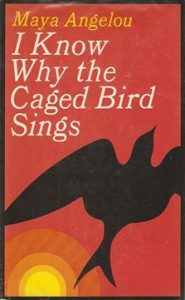
She lived with many loves, had many lives, and published no less than seven autobiographies. The most famous, remains, her first autobiography, I Know Why the Caged Bird Sings, was published in 1969.
“The caged bird sings with a fearful trill
Of things unknown but longed for still
And his tune is heard on the distant hill
For the caged bird sings of freedom”
In 1972, she penned the first screenplay written by a black woman.
Receiving dozens of honorary degrees in her lifetime and a full-time professorship, despite no college degree, she was someone who succeeded irrespective of background and didn’t see “can’t” as a word in her extensive vocabulary.
“We must confess that we are the possible.”
From her time in the 1960s with MLK and Malcolm X to 2008 when she witnessed the inauguration of the first Black President in Barack Obama, though she backed Clinton, equality made limping progress. Angelou uttered then, that:
“We are growing up beyond the idiocies of racism and sexism.”
Growing up, but not yet full-grown or mature. We have a way to go.
“If you don’t like something, change it. If you can’t change it, change your attitude.”
Martin Luther King
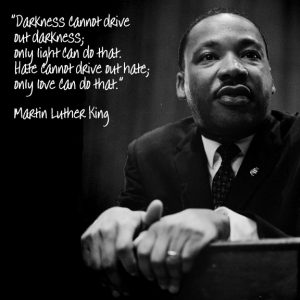 Martin Luther King was ever the optimist, preaching love over hate, peace over war, forgiveness over resentment.
Martin Luther King was ever the optimist, preaching love over hate, peace over war, forgiveness over resentment.
“I refuse to accept the view that mankind is so tragically bound to the starless midnight of racism and war that the bright daybreak of peace and brotherhood can never become a reality… I believe that unarmed truth and unconditional love will have the final word.”
It was a belief that may have cost him his life, and not a little opposition from other members of the civil rights movement. After President John F. Kennedy was assassinated in 1963, King said to his wife, Coretta:
“This is what is going to happen to me also. I keep telling you, this is a sick society.”
Five years later, he did indeed suffer the same fate. Fifty years ago today.
“Human progress is neither automatic nor inevitable… Every step toward the goal of justice requires sacrifice, suffering, and struggle; the tireless exertions and passionate concern of dedicated individuals…Change does not roll in on the wheels of inevitability, but comes through continuous struggle.”
United in their attitude to hate
Martin Luther King and Maya Angelou, alike, defied their haters. Their responses of love, resilience, and determination, remain inspiring after their deaths.
“You may kill me with your hatefulness,
But still, like air, I’ll rise.” – Maya Angelou
Maya spoke about being a blessing, of being a rainbow in somebody else’s cloud. MLK’s words I take as inspiration every time I speak about our response to hate, violence or bigotry:
“Darkness cannot drive out darkness; only light can do that. Hate cannot drive out hate; only love can do that.” – Martin Luther King
There’s still much to fight for
We don’t live in a post-civil rights era, we are still fighting for equality, still needing to celebrate diversity and be welcoming and not merely tolerant of difference.
We still need twenty-first-century visionary leaders, pacifist in intent, passionate in expression, powerful in action, and political in achievement.
To the Martin Luther Kings and Maya Angelous being born today we celebrate you. To those being cut down in their prime (two teens yesterday in London), we commemorate you.
Whether you live to 39 (MLK) or 86 (Maya), make a difference, and be memorable by removing the word “can’t” from your vocabulary and choosing not to be limited by your education, sex, colour, age, or any other social categorisation. You are the difference, you are the change.
